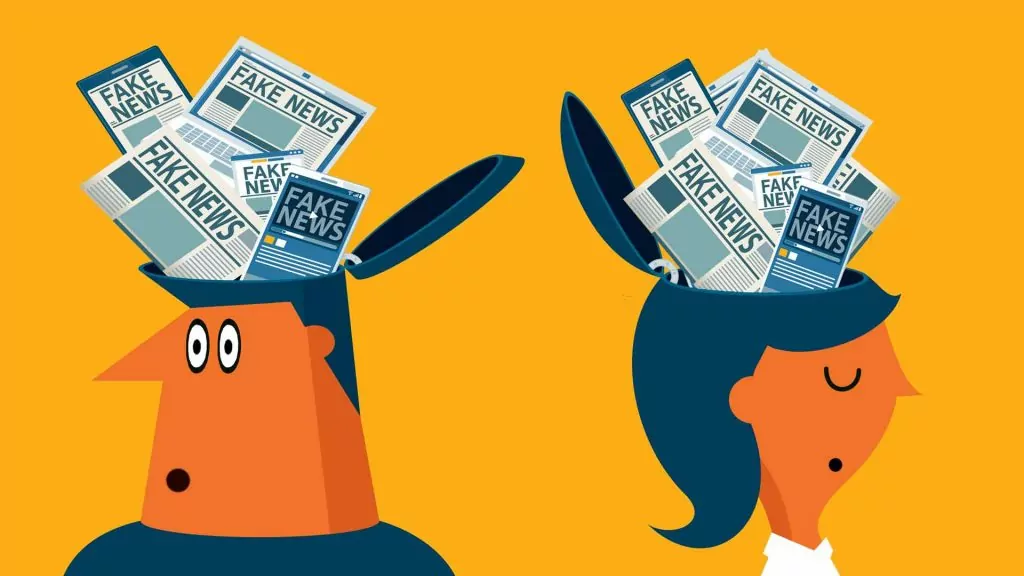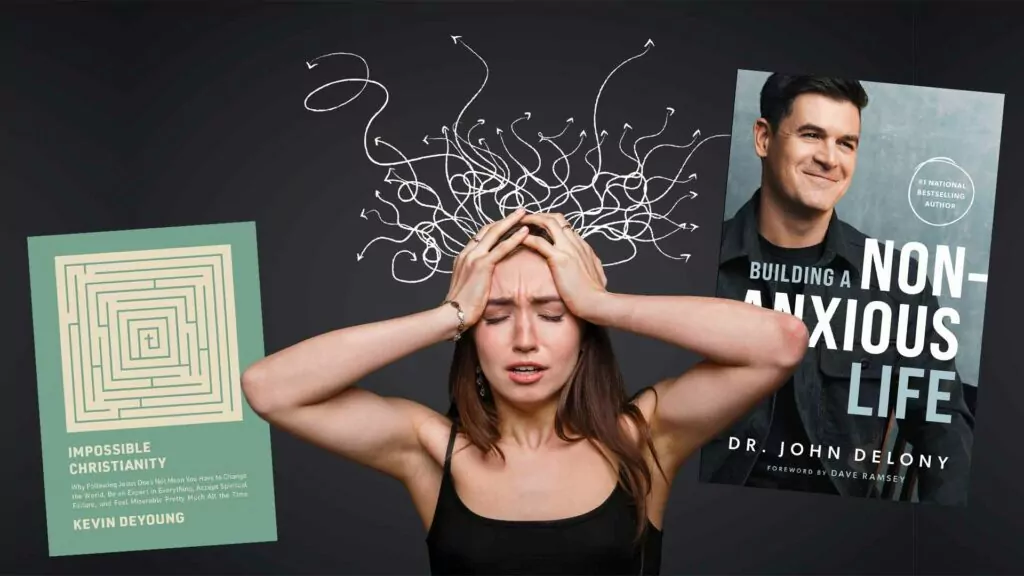What if our insatiable interest in the world’s injustices is really just an Edenic desire to be gods ourselves?
*****
We are weary.
Gloom and malaise are the shadows of the moment, inescapable beneath the blazing ball of stressors that blinds our eyes to what is true and hinders our feeble attempts at faithful living.
Why?
Why do weariness and anxiety trail us wherever we walk or however fast we try to run? There are, of course, any number of reasons that an individual person may feel weary or sad or anxious. But there is reason I believe that our collective sense of dread is at least partially self-inflicted.
We are weary because in an attempt to image our Savior we may actually be trying to be him.
The paralysis of information
Our parasitic relationship with the social Internet leads us to see a literal world of burdens and deceives us into believing we must bear them all.
This isn’t a new phenomenon: in Amusing Ourselves to Death, Neil Postman traced it all the way back to the advent of the telegraph:
“The news elicits from you a variety of opinions about which you can do nothing except for offer them as more news, about which you can do nothing.
“Prior to the age of telegraphy, the information-action ratio was sufficiently close so that most people had a sense of being able to control some of the contingencies in their lives. What people knew had some action-value.”
We feel burdened by the events of the world because we consume information in such a way that we could never meaningfully act on the information we consume.
This isn’t just a practical problem or a mental health problem. This is a spiritual problem.
Bearing burdens or being gods?
In Galatians 6:2 Paul tells us to:
“Bear one another’s burdens, and so fulfill the law of Christ.”
To live as a faithful follower of Christ in our own daily lives is difficult in its own right. But to bear others’ burdens, like those of our family, friends, or church family, is what we are called to do in this verse. Bearing one another’s burdens is important! It is one of the ways we most clearly image Christ to the world.
But I think it is fair to say Paul is not calling us to bear the burdens of the world, a destructive calling to which many of us believe we have been called simply because of our ever-increasing awareness of world events. How can we possibly faithfully follow Jesus while also attempting to bear the countless burdens highlighted by our Twitter feeds? We can’t. And we should stop trying.
This is not to say we shouldn’t care for and pray for the global church or the state of humanity in general. Of course we should approach our God on behalf of others who may be suffering any variety of plight around the world.
My call is not a call to global ignorance but local faithfulness. One of my concerns is that our rightful concern for the vast brokenness and injustice around the world distracts us from faithfulness in our neighborhoods and churches.
Beyond that, though, the constant gnawing we feel as we scroll through pictures of poverty and clips of corruption on our thousand-dollar smartphones may be a God-given conviction toward justice and righteousness … but it also may not be.
What if our insatiable interest in the world’s injustices is really just an Edenic desire to be gods ourselves? The social Internet becomes a virtual tree of knowledge of good and evil – it opens our eyes to the harsh realities of a world fractured by sin and fools us into bearing the burden of the world’s brokenness. Our convictional awareness of the world’s problems may actually be a modern manifestation of our most ancient transgression: our desire to be gods rather than trust God.
Wearying ourselves with public injustices in front of a watching world is more appealing than quietly advocating for justice in our communities because it makes us feel like gods, and gods receive praise. Good friends and neighbors usually don’t. To bear the burdens of others is to fulfill the law of Christ and to image Christ to the world. To want to save the world is to attempt to be Christ and reap the praise he alone is due.
The measure of the world
Reflecting on the cultural power of the nightly news broadcast in 1985, Postman wrote:
“It has not yet been demonstrated whether a culture can survive if it takes the measure of the world in twenty-two minutes.”
Indeed, one may say that it has not yet been demonstrated whether a culture can survive if it takes the measure of the world in a brief scroll of Twitter, but the forecast is, well, a bit gloomy.
Perhaps we, and our communities of faith or proximity, would be better served if we attempt to bear the burdens of our neighbors rather than feeling as though we have to bear the burdens of the world. Everyone’s problems are not all of our problems. Yes, we are called to bear one another’s burdens, but not everyone’s burdens.
Christ alone can bear the burdens of the world. Our feeble attempts to do this are the roots of our gloom and malaise. Being a Savior is exhausting and it’s not who we were made to be.
This originally appeared in Chris Martin’s “Terms of Service” newsletter and is reprinted here with permission. “Terms of Service” looks at the social internet from a Christian perspective, and you can sign up at www.termsofservice.social. His book, also called “Terms of Service,” is available at online retailers.















